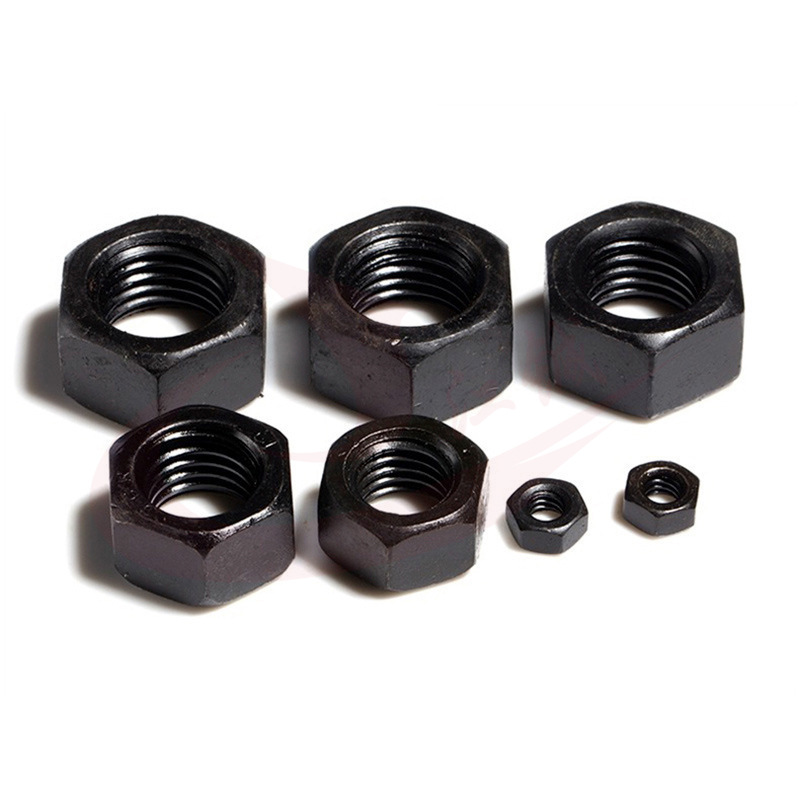

self tapping electrical screws
Nov . 19, 2024 17:40 Back to list
self tapping electrical screws
The Versatile World of Self-Tapping Electrical Screws
Self-tapping screws have revolutionized the way we approach fastening, particularly in electrical applications. These fasteners, designed with a unique thread profile, allow for easier and quicker assembly by eliminating the need for pre-drilling holes in many materials. This attribute is especially valuable in electrical work, where speed and efficiency contribute to productivity and safety.
What are Self-Tapping Screws?
Self-tapping screws are fasteners that can create their own hole as they are driven into the material. They feature a pointed tip and coarse threads that allow them to penetrate a variety of substrates, including wood, plastic, and metal. In the context of electrical projects, these screws play a crucial role in securing components such as circuit boards, connectors, and junction boxes.
Advantages of Self-Tapping Screws in Electrical Applications
1. Time Efficiency
One of the most significant benefits of self-tapping screws is the time they save in installation. Electricians and technicians can complete tasks much faster because they eliminate the need for pre-drilling. This means less time spent on each project and a faster turnaround for clients, making it an attractive option for contractors.
2. Enhanced Stability
Self-tapping screws create a strong hold due to the way they engage with the material. The screw's threads cut into the substrate, forming a tight grip that resists loosening over time. This is especially important in electrical applications where vibrations from machinery or environmental changes could otherwise loosen fasteners.
3. Versatility
These screws are available in various sizes, materials, and coatings, making them suitable for a wide range of electrical applications. From lightweight plastic housings to heavy-duty metal enclosures, self-tapping screws can accommodate different needs. Their versatility extends further as they can be used with both soft and hard materials, providing a robust fastening solution regardless of project requirements.
Types of Self-Tapping Electrical Screws
Self-tapping screws come in various designs tailored for specific applications. Here are some common types used in electrical work
self tapping electrical screws

1. Sheet Metal Screws
These screws are designed for fastening metal components in electrical enclosures and appliances
. They typically come with a sharp point that allows for easy penetration of thin gauge metals, making them ideal for electrical boxes and covers.2. Wood Screws
While not exclusive to metal applications, wood screws are often used when attaching electrical components to wooden structures. They have deeper threads for better grip in softer materials, making them suitable for securing paneling or systems in place.
3. Plastics Screws
These screws are specifically designed for use in plastic materials. They feature a different thread design that prevents cracking or splitting of the plastic, ensuring that electrical fixtures or components remain securely mounted.
Best Practices for Using Self-Tapping Screws
When using self-tapping screws in electrical applications, following best practices can ensure safety and optimal performance
- Choose the Right Size Always select the appropriate screw length and diameter for your specific application. A screw that is too long may damage underlying materials, while one that is too short might not provide a secure hold.
- Use the Correct Driver When driving self-tapping screws, use a power tool equipped with the right bit. This will help maintain proper torque and prevent stripping the screw head.
- Follow Manufacturer Guidelines Always adhere to manufacturer specifications regarding the maximum load capacities and connection techniques to avoid compromising safety and performance.
Conclusion
Self-tapping electrical screws have become an essential component in modern electrical installations due to their efficiency, stability, and versatility. Whether you are a professional electrician or a DIY enthusiast, understanding the various types and proper usage of these screws can greatly enhance the quality of your projects. As technology continues to evolve, the design and materials used in self-tapping screws are also likely to improve, further solidifying their role in the fast-paced world of electrical work.
Latest news
-
Hot Dip Galvanized Bolts-About LongZe|High Strength, Corrosion Resistance
NewsJul.30,2025
-
High-Strength Hot Dip Galvanized Bolts - Hebei Longze | Corrosion Resistance, Customization
NewsJul.30,2025
-
Hot Dip Galvanized Bolts-Hebei Longze|Corrosion Resistance&High Strength
NewsJul.30,2025
-
High-Strength Hot-Dip Galvanized Bolts-Hebei Longze|Corrosion Resistance&High Strength
NewsJul.30,2025
-
Hot Dip Galvanized Bolts-Hebei Longze|Corrosion Resistance&High Strength
NewsJul.30,2025
-
Hot Dip Galvanized Bolts - Hebei Longze | Corrosion Resistance, High Strength
NewsJul.30,2025

